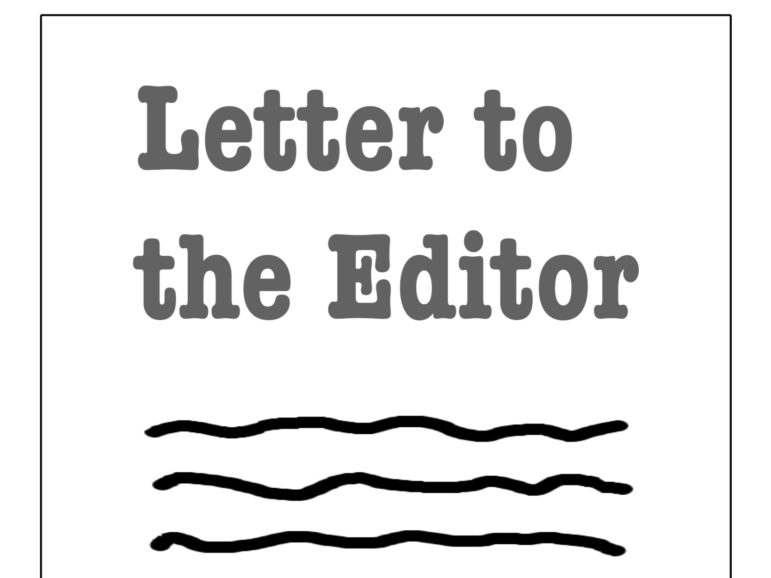
An Open Letter to the Superintendent of Watertown Public Schools, Dr. Galdston,
We are writing to express our strong support for a Watertown Middle School teacher who is under attack. She is a courageous and principled teacher who has sought to constructively challenge herself, her community, her colleagues, and her students to face the realities of race in America. She has done this in part by becoming an advanced Kingian practitioner. Many like to quote the more comfortable sections of King’s “I Have a Dream” speech, but King’s “Letter from a Birmingham Jail” is often a more relevant touchstone. It is a challenging call to courageous action, and we believe that this teacher epitomizes its spirit.
In contrast, and put bluntly, the letters we have seen from Principal Martin and from yourself are more like the statement from white clergy that King was responding to. You write that, “Educators are providers of information whose curricular decisions should instruct and inform, not politicize and divide.” Yet, merely providing information does not automatically materialize in learning. Students are actively constructing knowledge, building mental models that they will use to understand the world around them. Among the most powerful and pervasive mental models in any culture are the ones that say that dominant structures of power are normal. Reinforcing those structures is not seen as “political” or “divisive”, while challenging them is. In America, we normalize whiteness. So, when you write that teachers should not politicize and divide, do you mean that we should reinforce and validate only those viewpoints that support the (white dominant) status quo?
The video that she chose to share is admittedly polemical, but, as far as we could tell, largely factually based. We were not in the room and cannot know how the material was introduced, shared, or discussed afterward. Perhaps she could have chosen a video by an academic. But it did not strike us as obviously problematic for a Community Meeting addressing issues of race in America. Our history is complex, and difficult, and worthy of a good, hard look. (That is true even if, like one of the authors of this letter, you had a Texas Ranger among your ancestors.)
We are sympathetic with the students who felt uncomfortable. But we cannot help but see a difference between the response to this lesson and one in which a student of color was instructed to read aloud a passage from a book in which the “n-word” appeared. Was that student’s discomfort somehow more acceptable? Was that viewed as an unproblematic part of the curriculum?
One of the most pervasive ways systemic racism gets perpetuated is for people who stay well within the accepted norms of whiteness and white solidarity to continually be given the benefit of the doubt, while those who don’t look, talk, or act white enough or complicit enough with the status quo are denied second chances. This white teacher is one of the few who has publicly challenged the status quo when she perceived that it was harming students. If she is made an example of – because of one lesson – in order to appease parents who don’t want their children thinking critically about how systems keep racial injustice going, the district might as well give up on its stated commitment to diversity, equity, inclusion, and belonging.

Great letter. Totally on the mark.
Thank you for articulating the problem with Dr Galdston’s letter so clearly!
Agree.
The real issue here is whether this film was part of the curriculum for Spanish language instruction at the Watertown Middle School. Forget the content and heat that has been generated for a moment people, was this film included in the curriculum? The school needs to answer this question once and for all.
As has been mentioned elsewhere, it was not shown during Spanish class.
Well said. She was hired to teach Spanish. She needs to do her job. For those of us in the private sector, we leave our politics outside the door when we walk in the door. Public employees need to absolutely do that.
Alice and Fred. History and society are inherently political. You cannot address social issues without making a choice about how you tell the story and present the information.